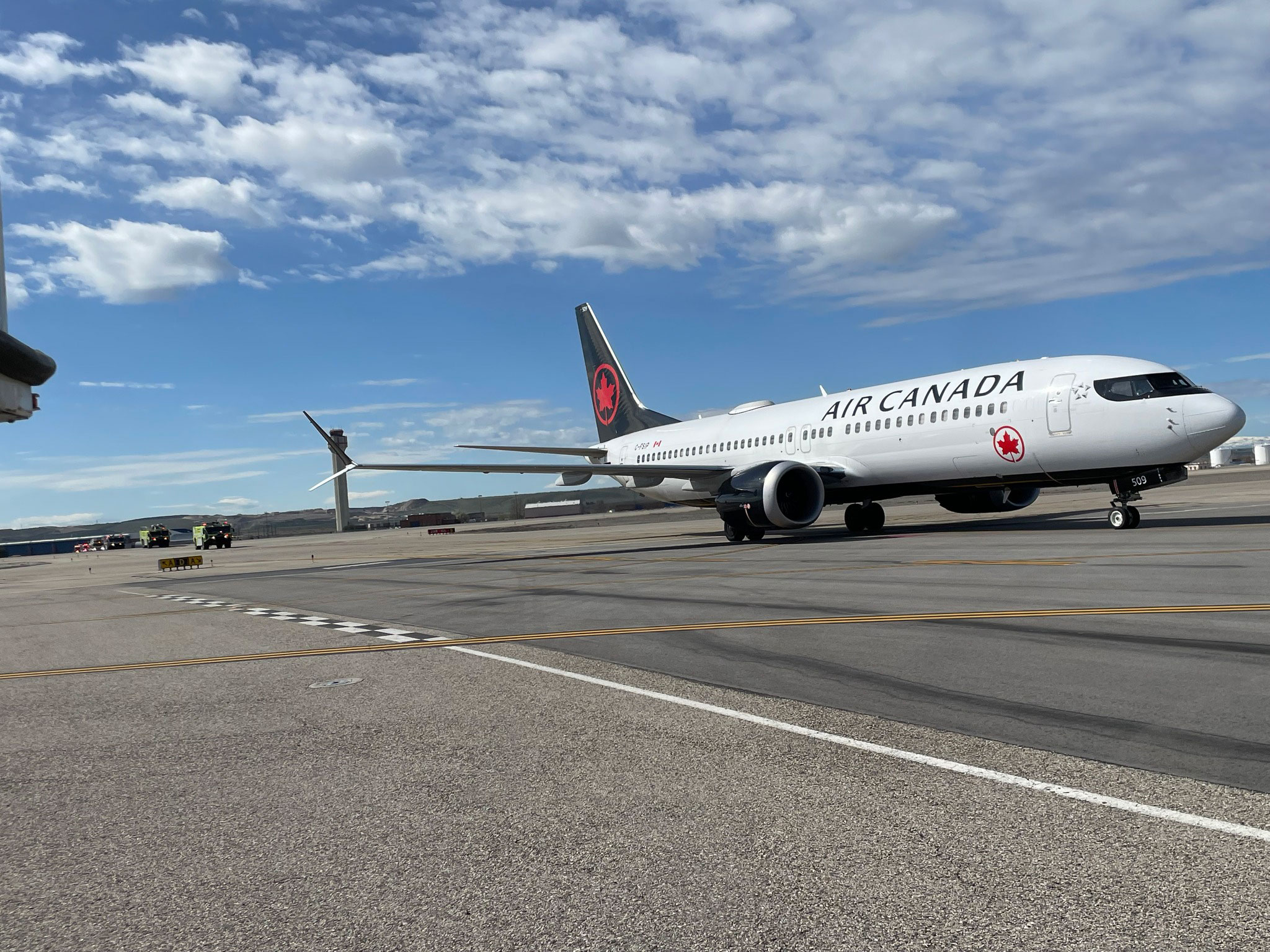
Mid-Air Drama: Air Canada Flight Lands with Mysterious Flames and Suspected Landing Gear Troubles
Unfolding Events
As the plane approached DFW, it became apparent that there were also problems with the landing gear. The aircraft circled for nearly an hour before making a hard landing on the runway, sending debris flying.
Multiple Perspectives
The incident has sparked a multitude of perspectives:
Data Points and Evidence
The National Transportation Safety Board (NTSB) is currently investigating the incident. The following data points and evidence have emerged:
| Data Point | Evidence |
|---|---|
| Aircraft Model | Boeing 767 |
| Number of Passengers and Crew | |
| Flight Duration | Approximately 3 hours |
| Location of Emergency | Mid-flight, over Texas |
| Emergency Landing Location | Dallas-Fort Worth International Airport |
Critical Analysis
This incident highlights the complexities of commercial air travel and the importance of safety:
Journal Research and News Articles
This incident aligns with findings from journal research and news articles:
- A 2021 study published in the Journal of Air Transportation found that engine failures are a common cause of emergency landings.
- A 2023 article in The Wall Street Journal reported on the challenges of maintaining aging aircraft, which may be more prone to mechanical issues.
- A 2022 NTSB report highlighted the importance of pilot training and communication during emergency situations.
Conclusion
The Air Canada flight incident is a stark reminder of the importance of safety in commercial air travel. As investigations continue, it is crucial to critically analyze the complexities of the situation, consider multiple perspectives, and implement measures to enhance safety. Only through transparency, collaboration, and ongoing improvements can we ensure the confidence of the traveling public.
The broader implications of this incident extend beyond the specific aircraft and flight. It underscores the need for a comprehensive approach to aviation safety that involves aircraft manufacturers, airlines, regulatory agencies, and the international community. By working together, we can create a safer air travel system for all.



